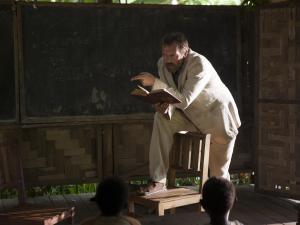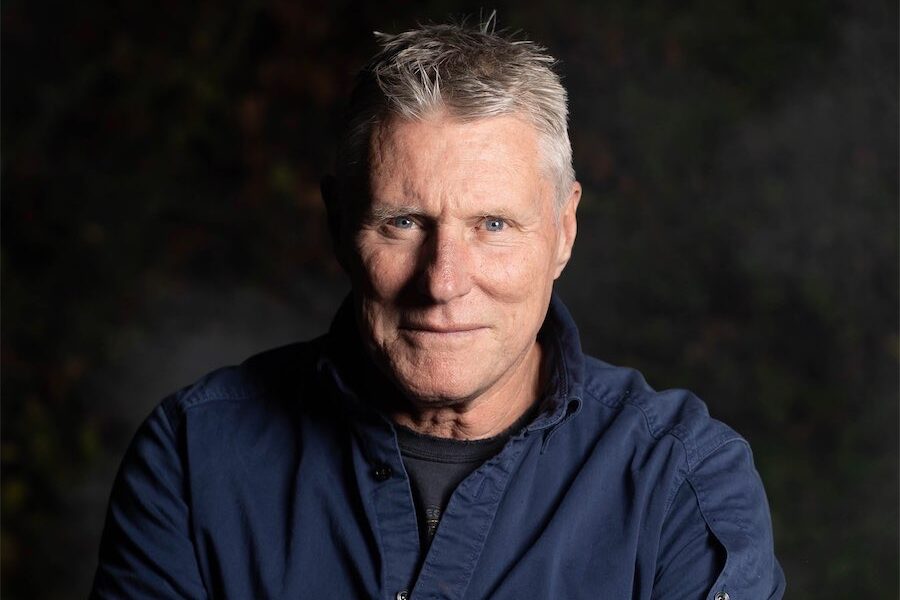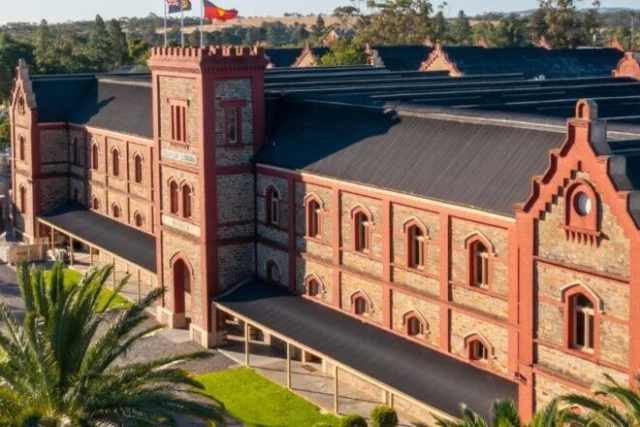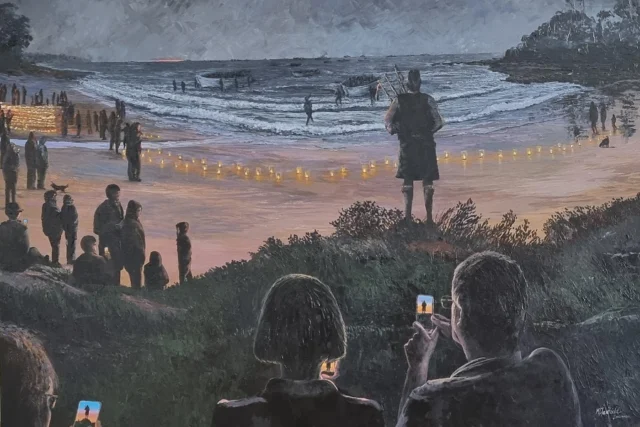 ANDREW Adamson’s perceptive film unfolds in a remote coastal village on Bougainville, but what Adamson and novelist Lloyd Jones want us to concentrate on is Charles Dickens’s “Great Expectations”.
ANDREW Adamson’s perceptive film unfolds in a remote coastal village on Bougainville, but what Adamson and novelist Lloyd Jones want us to concentrate on is Charles Dickens’s “Great Expectations”.
A curious combination indeed, but worth persevering with to see where it will take us. The only non-islander remaining in the village is Watts, whose islander wife is dying. The people are distressed by the lack of a school. Watts volunteers to re-open the building. His only teaching material is a copy of Dickens’s novel.
The screenplay is a well-constructed development in which a young girl Matilda finds in herself a reflection of Estella. Her father operates mining plant in Mt Isa. Her mother’s Christianity is approaching bigotry. As Watts reads the novel to the children, the whole village comes to listen. And one day a platoon of soldiers arrives to clear the village of Bougainville Revolutionary Army members.
Matilda becomes Watts’s acolyte, building from his readings vivid fantasy imageries harking back to the19th century. These images see Dickens’s Pip as a handsome young islander in whom we have difficulty detecting the great expectations of which Dickens wrote.
Miss Haversham, Joe Gargery, Magwich, Herbert Pockets, all have minor places in the film. But it’s Watts who most captures our attention. Hugh Laurie plays him with a dourness implying that he’s carrying a secret burden. And it is so. Worth waiting to discover what it is. The path to revelation gets very rough.
At Palace Electric and Capitol 6
Who can be trusted?
In a world of spin and confusion, there’s never been a more important time to support independent journalism in Canberra.
If you trust our work online and want to enforce the power of independent voices, I invite you to make a small contribution.
Every dollar of support is invested back into our journalism to help keep citynews.com.au strong and free.
Thank you,
Ian Meikle, editor








Leave a Reply